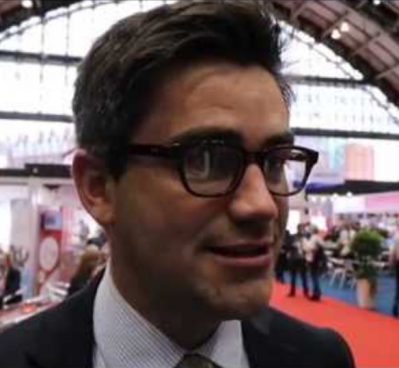
Mark Dweck
Wednesday 18th April 2018
Heart Valve Voice is helping to support an important study being performed by clinicians in Edinburgh, including Chief Investigator Mark Dweck, Senior Lecturer & Consultant Cardiologist, University of Edinburgh and Edinburgh Heart Centre.
The study will investigate whether earlier treatment will lead to better outcomes in patients. The focus of the study will be patients with severe aortic stenosis and scarring of the heart muscles and whether treating them early on, before waiting for symptoms to develop will improve their long term outcomes as opposed to the current approach of waiting for symptoms to develop.
Basing assessment on symptoms can be tricky as often patients present with a number of other medical conditions and limited mobility. The study will employ techniques that will provide an objective way of detecting that a heart is on the pathway to failure. They have determined the best technique for assessing a patient’s risk of heart failure is using an MRI technique that provides visual images of scarring of the heart muscle.
“We are really glad to have patient organisations like Heart Valve Voice support us on this study that we hope will provide patients with valve disease more options for an improved patient pathway,” said Mark Dweck. “We have seen through our experience that scarring of the heart appears to be an earlier sign of a struggling heart that develops before symptoms and we think that operating at that earlier stage might lead to less heart damage and better patient outcomes in the long term.”
This study will be a groundbreaking for patients if it means they no longer have to wait years for their inevitable treatment. At Heart Valve Voice, we often hear from clinicians that patients present at surgery or on the cathlab after waiting too long to receive their treatment. This has a great affect on not only their patient outcomes but also their patient experience. As a result, studies like this can only prove to be beneficial for patients and provide a better insight into the treatment of valve disease.
“I had to wait nine years between my diagnosis and treatment for my aortic stenosis,” said Marina McGrath, Heart Valve Voice Patient Ambassador. “I was working full time as a midwife when I was diagnosed and the constant worry about my condition and my symptoms worsening took their toll on me. Knowing that studies like this will help clinicians understand when treatment should occur can only be a good thing, and this will ultimately help reassure patients. My health deteriorated quickly but I was lucky to have excellent treatment and I’m now back at work. I think it’s really exciting that Heart Valve Voice are supporting patient focused studies like this.”
The study is now recruiting for patients from heart centres across the UK. For more information please see here or contact the trial manager on evolved.trial@ed.ac.ukor the Chief Investigator Dr Marc Dweck marc.dweck@ed.ac.uk.
